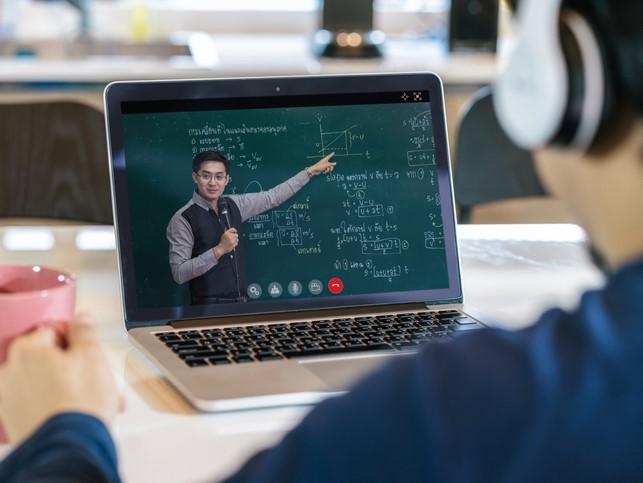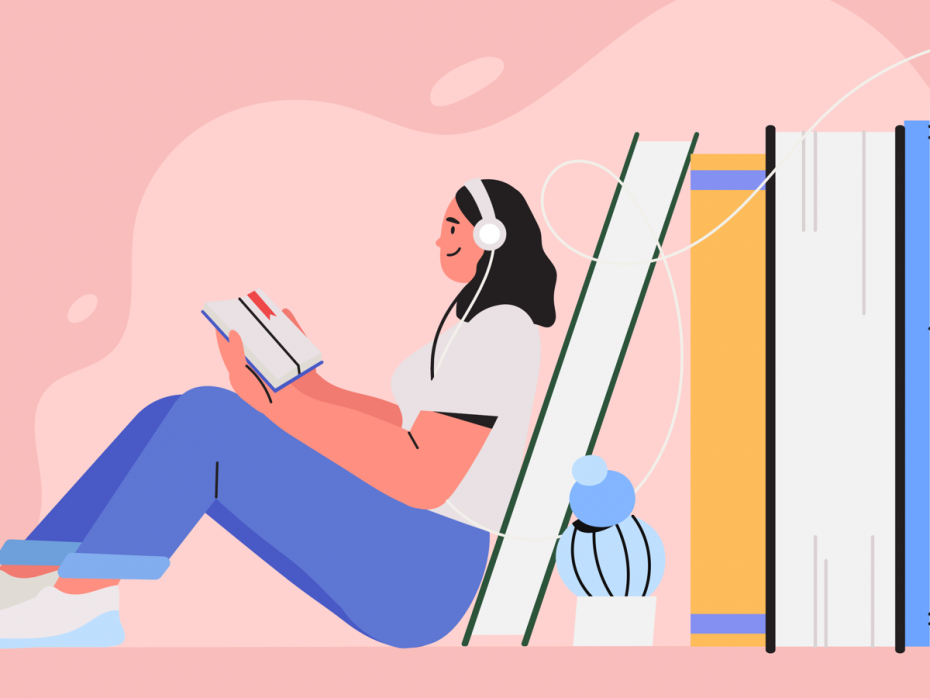Open educational resources (OER) have revolutionised the academic space, impacting knowledge acquisition, article composition and publicising research work. For the Global South in particular, the development is welcome and has significant benefits to the user.
OERs and accessibility
When I did my undergraduate and master’s degrees, between 1999 and 2005, although internet use was then on the rise in Zimbabwe, useful academic documents were often inaccessible. In the University of Zimbabwe’s main library, there was a secluded corner with various periodicals and journals. I stealthily used to access this space and would find information that was usually reserved for lecturers and postgraduate students. I remember getting stuck with my dissertation until I discovered an article on layout planning and module implementation in the journal Town Planning Review. I photocopied the paper and it saved me from a cul-de-sac that I had been in for several months. I formulated my problem statement out of the ideas that I got from that journal article.
- How to change the default settings that exclude women in sub-Saharan Africa from HE
- Fool’s gold: career advice for young, Black academics
- Digital resources now rank alongside housing, healthcare and education
Later, I became a peer instructor in how to get around problem cases. One of my first tasks when I became a lecturer, first at Harare Polytechnic College in 2005 and then the University of Zimbabwe in 2007, was to supervise student projects and dissertations.
In the early days of my career, I would tell students to go outside the classroom and look at the world. For urban and regional planning, they would observe heaps of uncollected garbage, traffic jams on the road, and burst sewer and water pipes. They would see people trading on the streets; they would observe neighbourhoods without the requisite infrastructure. Indeed, there were so many urban planning challenges.
What I failed to do, though, was to help students begin to question how and why the situations they observed were as they were. With my fellow lecturers, we would push students to study projects that were in hindsight poorly conceptualised. It was only when I was deep into my PhD thesis, after I had presented at research workshops in Johannesburg and Addis Ababa in 2010, that my Eureka moment came. I was searching the internet when I came across an online journal article that defined for me the four elements of a problem statement: the lead, declaration of originality, central focus and justification. These have been my foundation as I teach research, supervise students at various levels and compose concept notes and abstracts.
From stack to screen
I have now learned how to use various internet search engines, with Google Scholar being the most general one. What Google Scholar does is it shows which articles are immediately available in PDF format. Those that cannot be downloaded can then be pursued through other channels. So, what I used to get by going to a physical stack room, I can now easily find from the comfort of my office, even material that is provided through the university library. This year, 2022, is my 15th at the University of Zimbabwe and I have authored more than 300 pieces of work, including books, book chapters and journal articles.
The OER platform is a wonder in terms of publicising my work. For any author, the greatest joy is that their ideas are accessed and even critiqued. Critique helps in refining the original idea – and that is scholarship. With scholarly work, we learn to reply and do rejoinders so that we keep on communicating with our audiences.
Structure for research
I always tell my students that when given a task, the first thing to do is not to rush to the library but to systematically ask what that task or question is asking for. That way key issues emerge. The next step can then be to do a discourse outline; the structure includes:
- title
- summary
- keywords
- introduction
- conceptual framework
- theories underpinning the study
- literature review
- research methodology
- results
- discussion
- conclusion (and recommendations)
- references.
Under each of the titles, the keywords are the drivers for library searches, the argument and the discussion. It is possible, using this approach to work on several tasks in one go because structure decides the resources/material needed. As a student or researcher approaches OERs, they can screen their search results and see what is credible and what is not.
To conclude, let me stress that OERs have made knowledge very easy to access. The reader and writer must have the skill to decipher and filter what it acceptable or not, so training should be more skewed towards developing this special skill. The other skill is to be able to capture ideas and so create new knowledge and arguments from those that are at our disposal.
Innocent Chirisa is dean of social and behavioural sciences at the University of Zimbabwe. He is an urban and regional planning specialist with particular focus on policy and governance, community development, resilience and systems thinking and human settlements planning, development and management.




comment